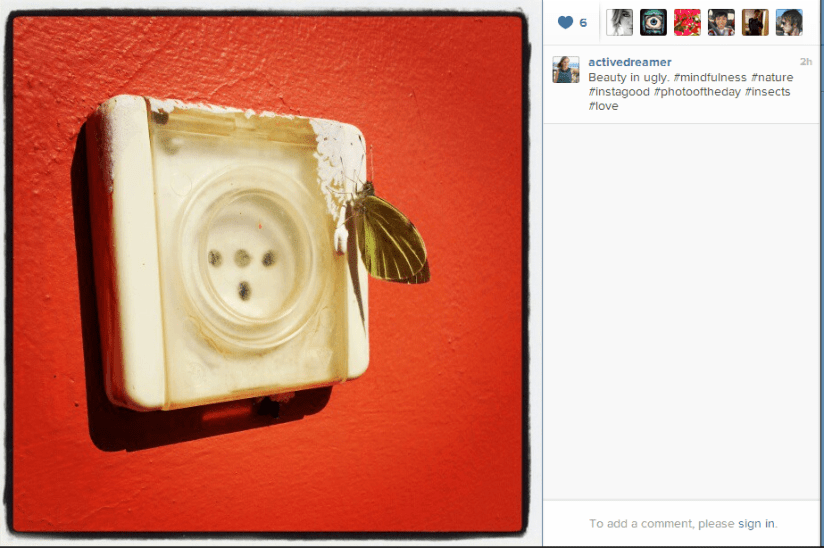On the one hand, it’s easy to forget you’re a Jew when you live in Israel.
Your name no longer stands out in a roll call. All the dads at drop off, not just your husband, are either bald, Jew-froed, or wear trendy glasses. And Jewish Geography is so common place it’s no longer a game, but part of proper dinner party etiquette.
In the States, whether or not you keep Shabbat is a label. It outs you as an “observant” Jew. Not so here, where by default, most Israelis observe Shabbat on some level, as most stores and restaurants are closed and nothing official can be executed between 1 pm on Friday and Sunday morning.
On the other hand, living in Israel requires you to contemplate and even commit to what kind of Jew you are. Moreso than in the States where you simply have to decide Orthodox, Conservative or Reform. Or figure out who’s hosting the Passover seder or whether or not to buy High Holiday tickets.
In Israel, where living as a Jew among Jews should be easy (and often is), figuring out who you are as a Jew is a prerequisite for almost everything — from where you will live to who you will be friends with to where you will send your children to school.
For instance, when we were researching where we would live in Northern Israel, in addition to taking into consideration how large or small the community was, how close or far it was from a major city, or how many English speakers lived there, we were also advised to consider how observant the community was. Typically, yishuvim* are either secular or religious…not “undecided.”
While this is slowly changing (and Kibbutz Hannaton, where we live, is at the forefront of this movement), figuring out how comfortable you are with folks driving on Shabbat is a strong indicator of whether or not you will fit in as part of a particular community.
The same goes for school. In Israel, you have a choice as to where you send your child to public school. You may choose the local secular school or the Orthodox school. The secular schools, from what I understand, have no Jewish studies within their curriculum whatsoever. So, your kids live in the “Jewish State,” but save for history lessons, religion is left out of the classroom.
Whereas in Orthodox schools, students are not only learning about Jewish religion, they are expected to keep Orthodox Jewish practices. Which, if you are Conservative, Reform or Undecided, makes for an unusual dichotomy between school and home.
There are only a handful of public elementary schools in the country that “support the development, promotion, and enrichment of Jewish studies within the general Israeli educational system.” (These are called Tali schools, and the local municipal-run school where we send our oldest child is one.)
So, where do we fit in? What box did we check on the form before we moved here?
I’m just kidding. There’s no form. But moving to Israel certainly forces you to consider where the practice of Judaism fits into your life.
Despite the chuppah at my wedding; despite raising my children in a Jewish home; despite sending them to Jewish preschool and religious school; despite being members of a Conservative synagogue in New Jersey; despite the two brit milah; and despite the glowing recommendation from our Rabbi on our Nefesh B’Nefesh application…it’s been a long time since I’ve considered who I am as a Jew.
And living here is certainly bringing it to the surface.
By here I mean Israel, but mostly I mean Hannaton, where the community is pluralistic — a word I never really considered much before living here. So far, I’ve met three rabbis who live here (one is Conservative and two are Reform). There are community members who drive on Shabbat, but keep Kosher. And there are community members who don’t drive on Shabbat, but don’t wear kippot. There are community members here who send their kids to the Tali school and there are others who send them to the Orthodox one; while still others schlep them far away to private schools practicing democratic or anthroposophic or other alternative educational philosophies.
We’re a mixed breed here at Hannaton. Furthermore, how we practice Judaism as a community is a conversation that seems to be taking place on a regular basis.
Which is just perfect for me. Because, frankly, if I had to choose a religious yishuv or a secular one, I wouldn’t feel 100 % comfortable on either. If I had to know in advance how observant I was going to be once I moved to Israel, I would have shrugged my shoulders with a big, accompanying, “I dunno.”
What I do know today is that there is a place for me in Israel, and a place for me on Kibbutz Hannaton. Which is quite a relief.
As I’m still very much a Jew in progress.
GLOSSARY
Yishuvim = Literally “settlements,” but moreso large communities or neighborhoods outside of a major city
Brit milah = Hebrew and plural of “bris”




